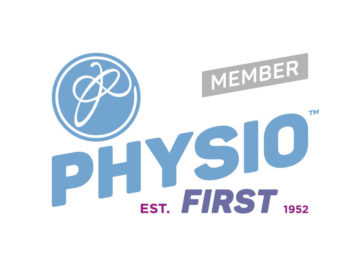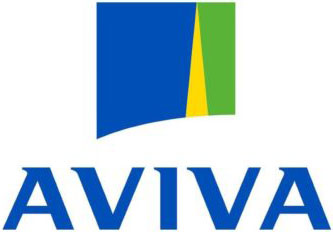
Our Newly Extended Pilates Class Schedule
Whether you’re looking to shed some Christmas weight or just get fitter and feel better, Pilates is the ideal exercise for people of all fitness levels. The controlled movements enable you to work out without the risk of overextending yourself and, when practiced properly, the risk of injury in Pilates is little to none.
Pilates treats the body as one holistic system, meaning no one muscle group becomes overworked. This exercise promotes core strength, flexibility, focus, and stamina – and you don’t have to be a pro to start feeling the benefits. Beginners see great effects from this exercise, even those being eased in particularly gently.
It’s no surprise that our Pilates classes in Newcastle are some of our most popular and with such high demand we recently extended our class schedule to 24 classes a week for various levels of experience. We welcome around 220 Pilates participants on a weekly basis!
We recommend that no matter what level you’re at, you take two classes a week to experience the best health benefits. Due to this, we made sure our timetable is wide-ranging, with weekend and evening classes throughout the week. Additionally, we offer 1:1 sessions for 40 or 60 minutes.
Pilates is also a fantastic solution for rehabilitation after injury. The most common injuries are caused by muscle imbalances when we walk, sit, run etc. The full-body workout Pilates offers will help strengthen all your muscle groups and assist in creating a better balance across your body.
The controlled nature of the exercise also offers a great option for those who have torn muscles, broken or fractured bones, amongst other injuries, as there is a reduced change of overexerting your injury.
If you want to take a look at our class timetable for Pilates in Newcastle, please take a look at our website. Additionally, you can call us on 0191 284 9111 to book your FREE 15-minute phone consultation on whether Pilates is right for you.













